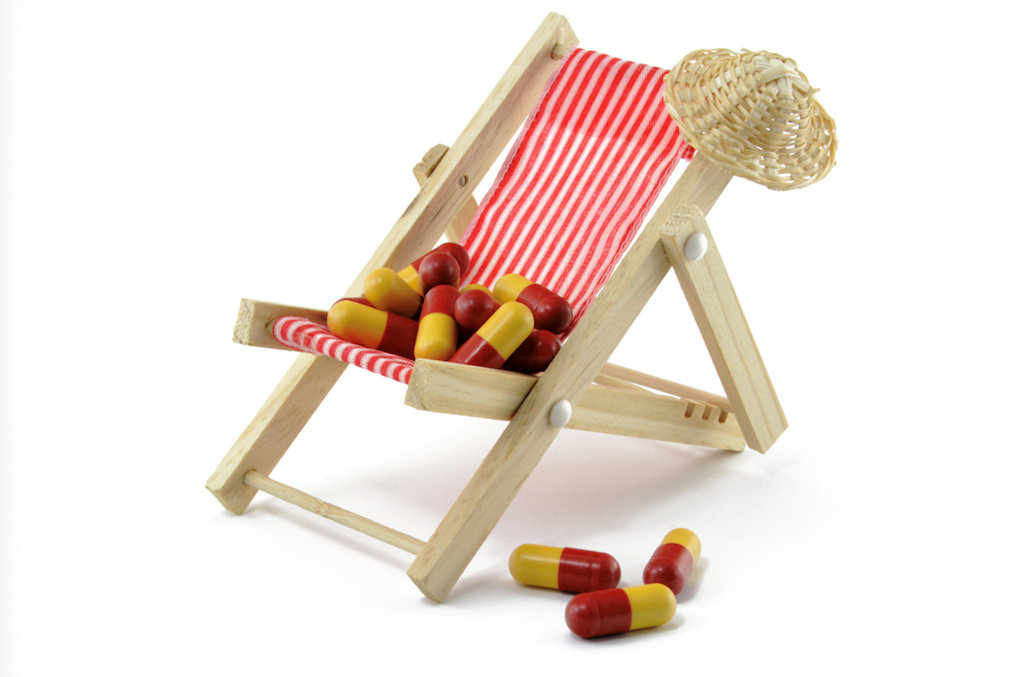
A family who’s dream holiday to Egypt turned into a nightmare by severe gastric illness, plans to sue tour operator.
The family of 3 travelled to the Desert Rose Resort in Hurghada and booked their dream holiday through Blue Sea Holidays. However just a few days into the holiday Rachel and her 1-year old daughter both began suffering symptoms of gastroenteritis, including severe diarrhoea and stomach cramps.
Rachel became so dehydrated she had to be put on a drip and the couple’s 1-year old daughter also required medical attention. Both mother and daughter needed follow-up treatment from their GP on their return to the UK because they still felt unwell.
The couple allege that food at the resort had been served lukewarm and was often left uncovered, with flies spotted around it and fresh ingredients added to old food on the buffet. The couple even got the impression that some food was recycled from previous meals. Rachel said: “It was just a horrible holiday and we spoke to other people who were poorly out there too. There were often people queuing up to see the doctor, some of them shaking, some could barely walk. They all seemed to be suffering from a similar gastric illness to us. It was meant to be an unforgettable, sentimental holiday for us, but we will now remember it for all the wrong reasons.”
Public Health England issues warning for people travelling to Egypt.
Public Health England issued a warning to people travelling to Egypt after a number of people, including children, returned with serious illness caused by E. coli infection.
All travellers had been to the Hurghada region of Egypt. Public Health England’s (PHE’s) scientists are gathering further information to understand the cause of these infections.
- Coli can cause an unpleasant diarrhoea illness with stomach cramps and occasionally fever. Most people will recover without the need for medical treatment, but younger and older people may go on to develop complications of the infection, leading to kidney failure. This rare condition is called haemolytic-uremic syndrome (HUS), which in very rare circumstances can be fatal. E. coli is caught through ingesting contaminated food or water.
PHE recommends travellers to the region to:
- Where possible, avoid eating salads and uncooked vegetables
- Only eat fruit they can peel
- Avoid unpasteurised milk, cheese and ice cream
- Avoid food that has been left uncovered in warm environments and exposed to flies
- Ensure all meat is cooked thoroughly before you eat it, avoiding any meat that is pink or cold
- Avoid ice, unless made with filtered or bottled water, and tap water, even when brushing teeth
- Only drink bottled water or use ice made from bottled/filtered water
- Wash your hands thoroughly after visiting the toilet, and always before preparing or eating food. Alcohol Gel can be helpful (but not entirely effective) when hand washing facilities are not available
- When swimming, try and avoid swallowing water where possible and supervise children when swimming.
- Don’t swim whilst ill
There are simple precautions that travellers can take. These include ensuring meat is cooked thoroughly, not drinking tap water or ice made from tap water and trying to avoid swallowing water when swimming.
Anyone suffering from diarrhoea and vomiting should ensure they keep well hydrated and seek medical advice if their symptoms don’t improve within 48 hours. They should also avoid preparing or serving food while they have symptoms and thoroughly wash their hands after using the toilet to stop the bug being passed to others.

